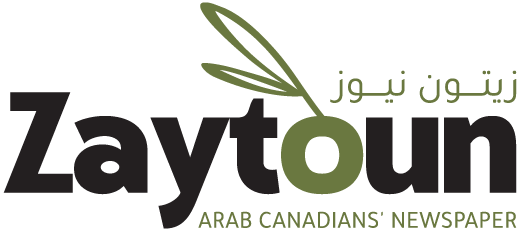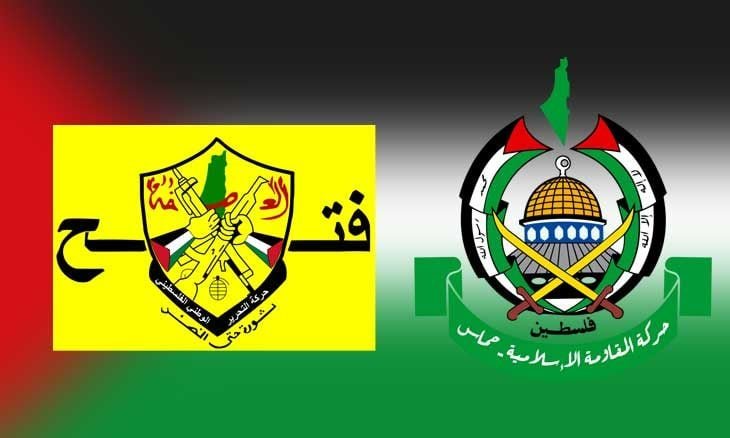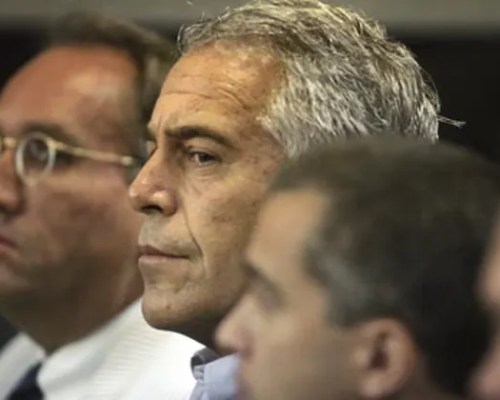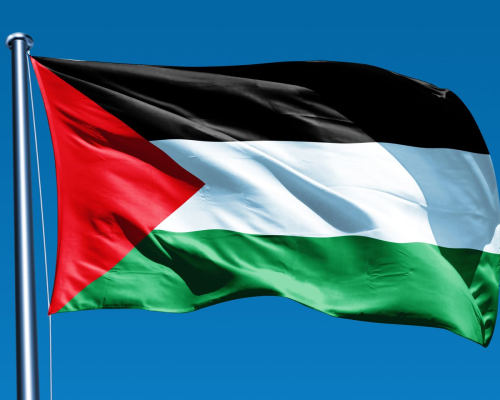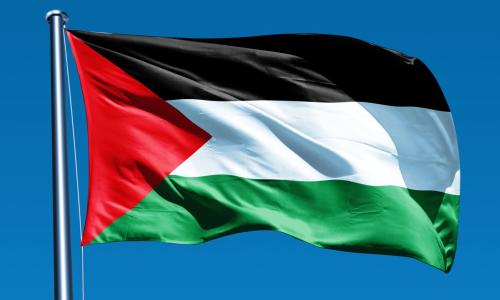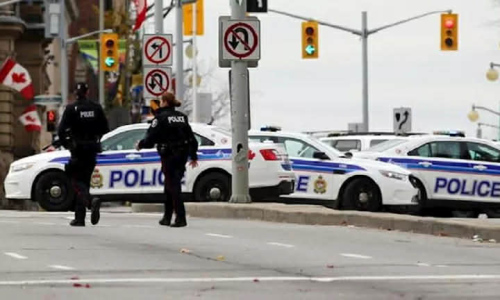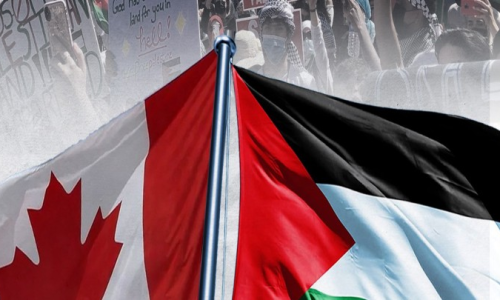By Taghreed Saadeh
Hamas has built a broad base of popular support over the years by anchoring itself in a discourse of resistance and armed struggle against the Israeli occupation, portraying itself as the true bearer of the Palestinian liberation project. Crucially, it positioned itself in sharp contrast to the Palestinian Authority, which Hamas’ media and it leadership consistently depicted as “collaborators” or “complicit” particularly because the PA pursued negotiation and peace with Israel as its primary strategy, a path Hamas regards as one of concession and compromise.
Since seizing control of Gaza in 2007 after a coup against the Palestinian Authority, Hamas has governed the Strip with an iron fist, repeatedly crossing humanitarian boundaries and imposing a corrupt judicial and social system devoid of real accountability. Political arrests targeted Fatah members and anyone critical of its policies, including Islamic groups, at times destroying mosque and killing those inside to eliminate competition. By contrast, any arrest of Hamas members in the West Bank would provoke widespread political and media uproar, as if punishment in Gaza is justified while the same actions in the West Bank are considered legitimate resistance.
Hamas’ control permeated all aspects of society, suppressing independent initiatives and critical voices under accusations of “treason or collaboration.” Sporadic violent clashes with other resistance movements were justified as necessary to maintain the ceasefire, creating an atmosphere of fear that stifled free debate and accountability.
Despite its rhetoric of resistance, Hamas has benefited from substantial local and international funding, including zakat and donations, allowing its leadership a comfortable lifestyle acknowledged repeatedly by its own leaders, while the majority of Gaza’s population suffers under poverty and blockade. Reports from Jordan in recent weeks reveal that millions collected in donations and zakat were diverted abroad and used for external projects, highlighting a pattern of resource exploitation with little oversight. Meanwhile, allegations of corruption within the Palestinian Authority continue to dominate discussion, despite the PA being under long-standing international scrutiny and financial restrictions.
The damage inflicted by the Muslim Brotherhood’s influence in Palestinian society underscores the urgent need for institutional reform and the creation of a more transparent and just system. Essential steps include empowering the Palestinian Authority, the internationally recognized representative of the Palestinian national project and ensuring Hamas’ accountability, while fostering independent media capable of rigorous critique and transparent reporting. Such measures are crucial to counterbalance both the Israeli occupation’s media influence and the decades-long efforts of the Brotherhood’s apparatus, which has systematically sought to portray the Palestinian Authority as submissive and complicit, undermining the people and the national cause.
